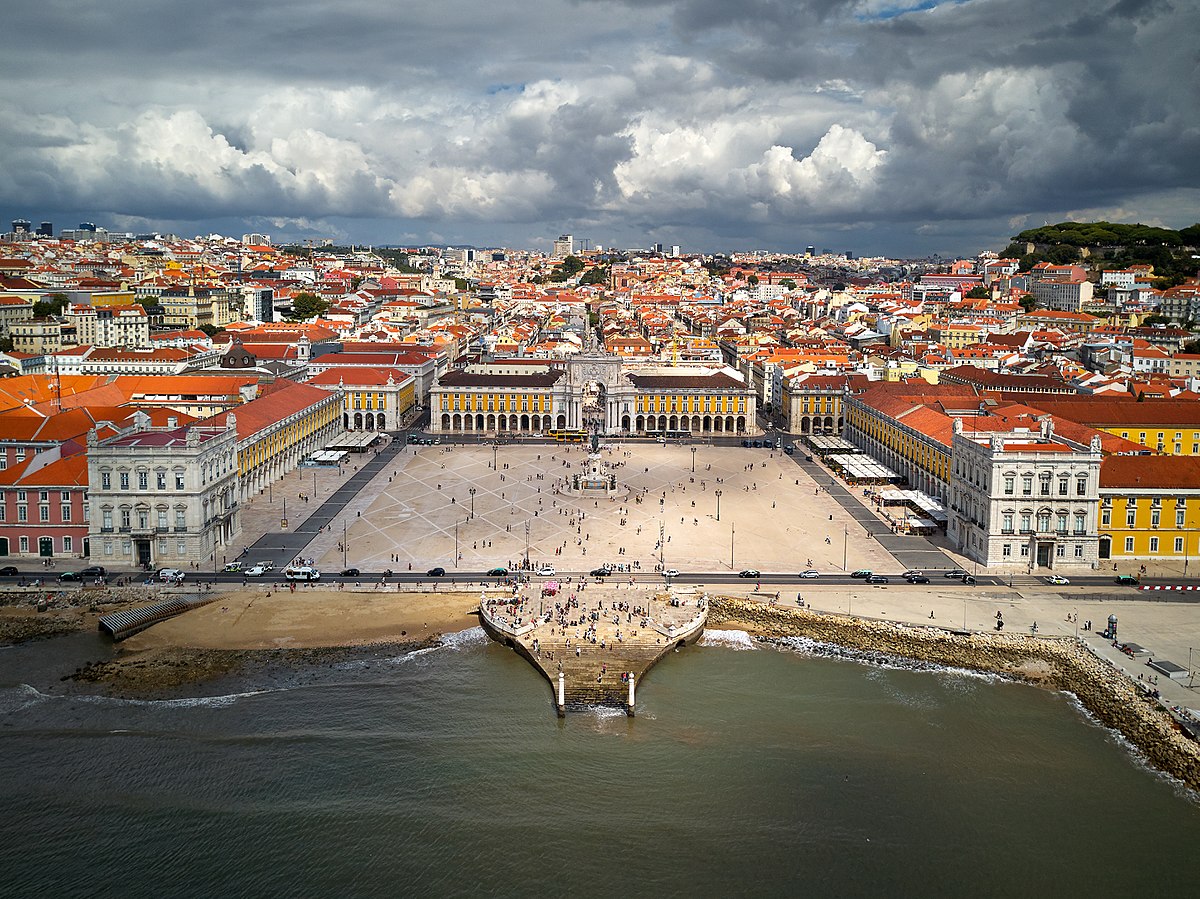A new bill recently passed by Portugal’s parliament that will modify a law that was put into place back in 2006. The vaccination law stipulates that foreign visitors coming to Portugal will only be allowed to enter the country with a full set of vaccinations. Previously, visitors were allowed to enter Portugal with a single vaccination, but this new law will require travelers to have their shots before they cross the border.
The Zika virus outbreak, which has affected thousands in Latin America and the Caribbean, has continued to spread, and is expected to worsen in the coming months. As the World Health Organization notes, pregnant women, their partners and those who may become pregnant should avoid countries with Zika outbreaks. The outbreak is expected to continue to spread in the coming months, as warmer temperatures help mosquitoes transmit the disease. As a result, many countries in Latin America and the Caribbean are expected to reopen their borders to U.S. citizens and other travelers who have been vaccinated against Zika.
Since the closure of the U.S. Diplomatic Mission in Portugal, the number of American travelers to Portugal has been restricted. The Portuguese government has, however, confirmed that it will soon reopen the U.S. diplomatic mission in the country. As a result, American travelers are already renewing passports in anticipation of their return to Portugal.

Portugal is preparing to readmit vaccinated travelers from the United States, Economy Minister Pedro Siza Vieira said Tuesday on a local Rádio Renascença program. We can allow travel and flights for people from the United States to Portugal, regardless of their need, as long as they have a vaccination certificate, Siza Vieira said. US travellers should receive the last dose of one of the European Medicines Agency (EMA) approved vaccines at least 14 days before travel, he noted. Fortunately, the three COVID-19 vaccines used in the US – Pfizer, Moderna and Johnson & Johnson – have also been approved by the EMA.
Although Siza Vieira has not given an exact date for when Portugal will begin admitting vaccinated American tourists, he noted during a trip to the Algarve region: I think we can launch this program next week, Reuters reports. Portugal would become the latest member of a growing group of European countries, including Croatia, Italy, Spain, Denmark and Norway, which have reopened their borders to fully vaccinated travelers from the U.S. Mr Siza Vieira’s comments came after the UK announced last week that it would re-impose quarantine restrictions on travellers returning from Portugal, which will undoubtedly be a blow to the Iberian country’s already struggling tourism sector, as the UK has traditionally been one of Portugal’s main foreign tourist markets.
Without the usual influx of British tourists, businesses in popular regions such as the Algarve – a warm weather paradise known for its beautiful beaches and excellent golf courses – will struggle to keep their heads above water. Before the COVID-19 outbreak, Portugal’s tourism sector accounted for nearly 15 percent of the country’s gross domestic product, but last year’s pandemic caused a 76 percent drop in record foreign tourist arrivals in 2019. In 2019, 1.2 million American tourists visited Portugal, compared to just 135,229 Americans in 2024 due to the border closure and suspension of air travel.
With a significant proportion of US travellers planning to visit Europe this year and most EU countries still debating whether to admit US travellers, Portugal is probably hoping to recoup some of the foreign tourism revenue it has received from the UK. According to The New York Times, the Portuguese government is currently considering a plan that would allow non-vaccinated American citizens to visit Portugal.
This is something that had not been attempted since 2007, when a small outbreak of measles was traced to the U.S. The number of measles cases in the U.S. has already reached more than 3,200, an increase of more than 800% since 2000 when there were only 123 cases. The majority of cases are linked to a man who is believed to have acquired the measles while traveling in Europe and the Philippines.. Read more about can u.s. citizens travel to portugal covid and let us know what you think.

Frequently Asked Questions
Can I travel to Portugal from USA right now?
The European Union just announced that it will lift the ban on non-vaccinated American citizens traveling to Portugal. This is great news for American travelers, more and more of whom are wanting to explore Portugal’s stunning countryside, colorful cities and cultural treasures. There have been several reports recently that the Portuguese government will soon allow vaccines for the human papillomavirus (HPV) to be administered to American tourists. These vaccines are designed to prevent a number of other diseases, including cervical cancer, which are becoming more common as a result of our nation’s increasing number of sexually transmitted infections. However, the Portuguese government is currently refusing to allow the vaccines, claiming that they are not yet completed and will not be ready to administer for another two years.
Is Portugal open for international travel?
The Portuguese government is opening its borders to all U.S. travelers in a move that will make the country the first European destination where all visitors will be vaccinated against measles, according to the Associated Press. Since the beginning of 2016, the US government has imposed a series of travel bans on several countries, including Cuba, North Korea, Venezuela and Syria. The EU has also indicated it will start implementing similar measures in 2019.
When can US citizens travel to Portugal?
In the wake of the recent Ebola outbreak in West Africa (and the related fear of foreign travel), we’re wondering when the US government will allow US citizens to visit Portugal. The US Centers for Disease Control and Prevention announced that American citizens can now travel to Portugal without a Yellow Fever vaccination certificate. Yellow fever is a disease that spreads in Africa and tropical South America. It is transmitted by mosquitoes and is not harmful to people. However, it can be fatal to many animals including humans. The virus is nearly always fatal. At least 50,000 people are killed by yellow fever every year.




